During Christmas, we celebrate the life-changing fact that, in Christ, God drew near to humanity. As the angel proclaimed, Jesus really is good news of great joy for all people (Luke 2:10). What better time of year to engage your small group in meaningful—and fun—Christmas fellowship? You might even find that people who aren’t normally involved in your church could be open to Christmas fellowship ideas and service opportunities through your small group.
Christmas Fellowship Ideas for Your Small Group
12 Ideas for a Life-Changing Small Group Christmas, by Mike Mack
This article includes Christmas fellowship ideas, plus study, worship and service suggestions. Encourage your group to try out one or two of these before Christmas. Imagine your group seeing the words of Scripture come to life that it is more blessed to give than to receive (Acts 20:35) if you adopted a family: “Ask your church or a community organization for the contact information for a local family in need. Find out what the family needs and then shop together for gifts. Schedule a time to greet the family and drop off the gifts. If possible, keep in touch after the holiday season and continue to serve.”
11 Ways Your Church Can Engage Your Community This Christmas, by Kendal Drinkwine
You might want to get several small groups from your church together to try out some of these great outreach ideas. “There are many wonderful Christmas events you can participate in as a church, and the Christmas season is also a great time to intentionally reach out to your community. Many non-churchgoers are on the lookout for family Christmas activities or where to attend a Christmas Eve service, and there may be some families in need within your community who could use a little help this Christmas.”
3 Things Every Leader Should Say During Christmas, by Sam Luce
It is easy for all of to get caught up in the consumerism of the Christmas season. However, instead of framing our conversations in a negative light, small group leaders can use these three positive statements to remind their groups about the reason for the season.
Three Ways to Make the Local Church Feel More Like a Family, by Chris Martin
While this article is not strictly limited to the Christmas season, you might find that applying these principles during this time to be effective. Unfortunately, for many, the holiday season brings up lots of family-related stress. If your small group can demonstrate the love of Jesus’ family during this time, it can be a transforming experience.




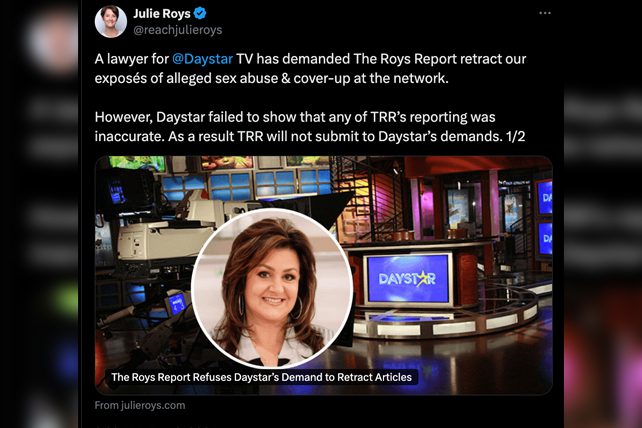
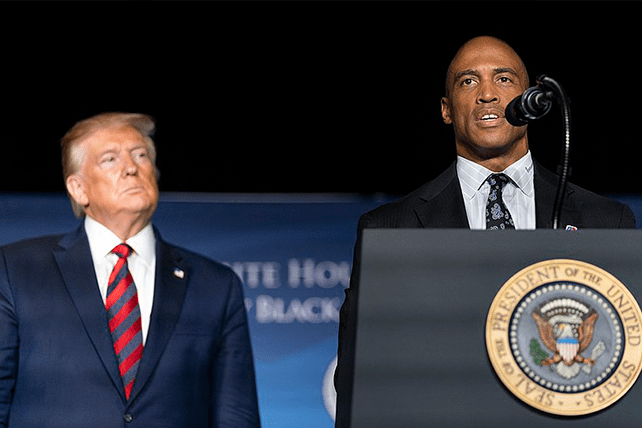
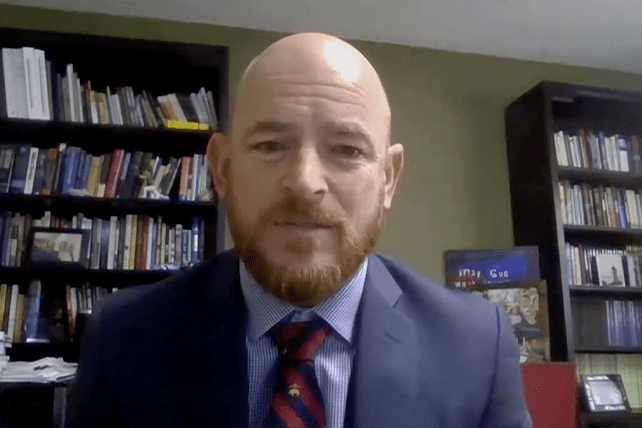



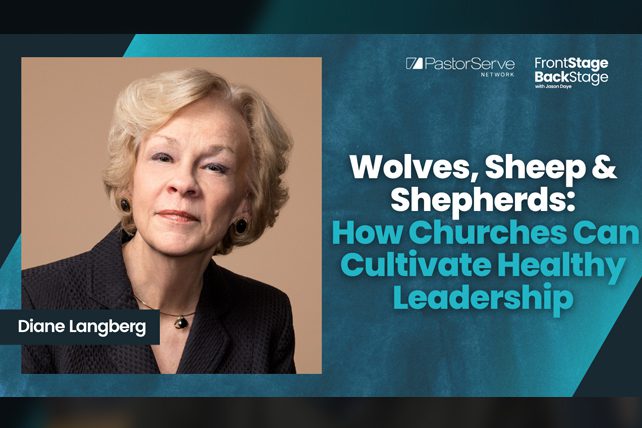
 As pastors and ministry leaders, how can we ensure that we do not slip into unhealthy patterns that cause harm to the people we serve? In this week’s conversation on FrontStage BackStage, host Jason Daye is joined by Dr. Diane Langberg. Diane is an internationally recognized psychologist with over 50 years of experience. She co-founded the Global Trauma Recovery Institute and served as the Chair of the Advisory Board of the American Association of Christian Counselors. She’s written a number of books, including her latest, titled “When the Church Harms God’s People.” Together, Diane and Jason look at some of the warning signs of unhealthy ministry leadership. Diane also shares three distinct calls that every shepherd needs to embrace in order to honor God and serve people well.
As pastors and ministry leaders, how can we ensure that we do not slip into unhealthy patterns that cause harm to the people we serve? In this week’s conversation on FrontStage BackStage, host Jason Daye is joined by Dr. Diane Langberg. Diane is an internationally recognized psychologist with over 50 years of experience. She co-founded the Global Trauma Recovery Institute and served as the Chair of the Advisory Board of the American Association of Christian Counselors. She’s written a number of books, including her latest, titled “When the Church Harms God’s People.” Together, Diane and Jason look at some of the warning signs of unhealthy ministry leadership. Diane also shares three distinct calls that every shepherd needs to embrace in order to honor God and serve people well. 

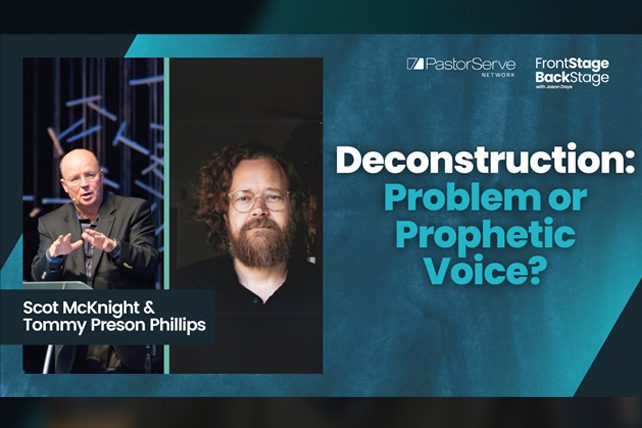
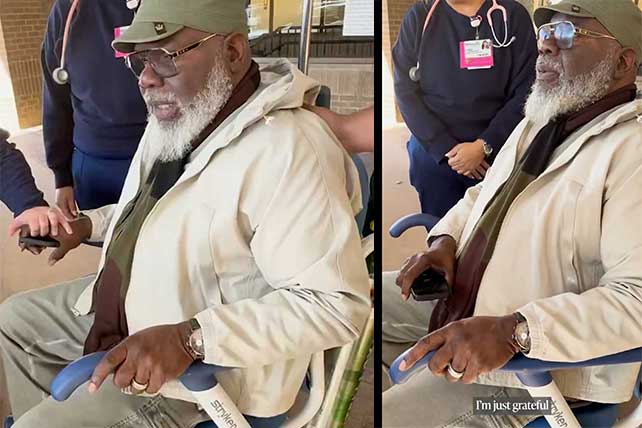

 Leading a church through a crisis, especially following a leader’s moral failure, is an incredibly demanding and stressful task. As a
Leading a church through a crisis, especially following a leader’s moral failure, is an incredibly demanding and stressful task. As a 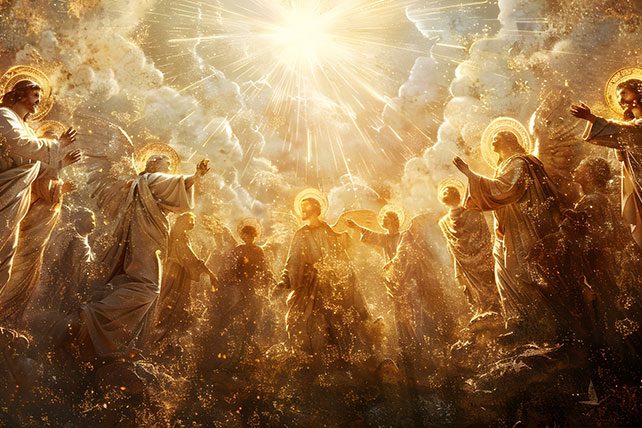


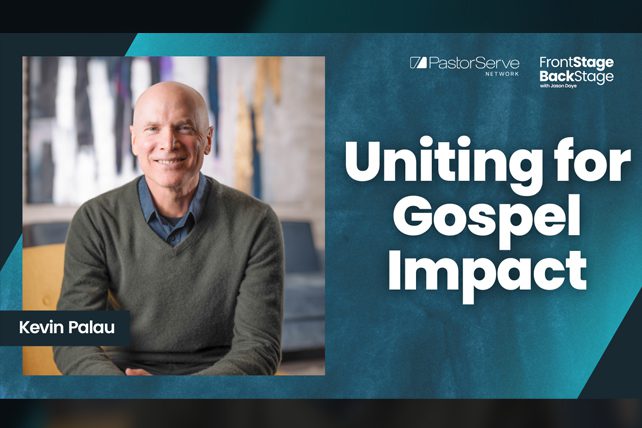

 Have you ever thought about the fact that we serve a God who is comfortable with his own emotions? Think about it! Our God takes delight in his creation (
Have you ever thought about the fact that we serve a God who is comfortable with his own emotions? Think about it! Our God takes delight in his creation (






